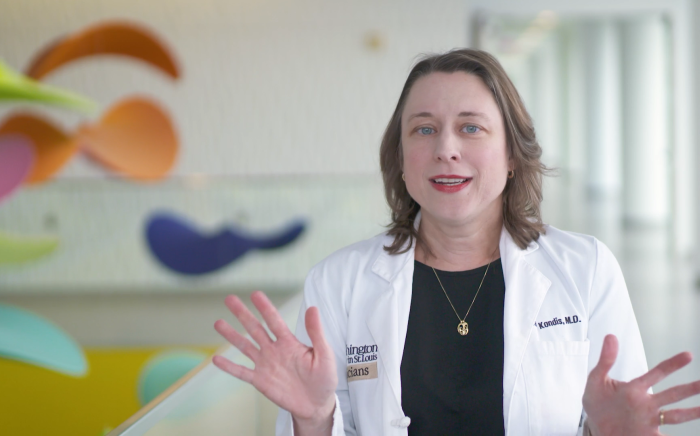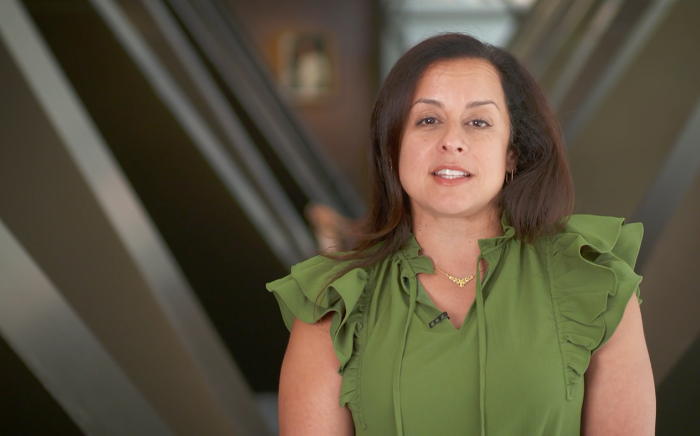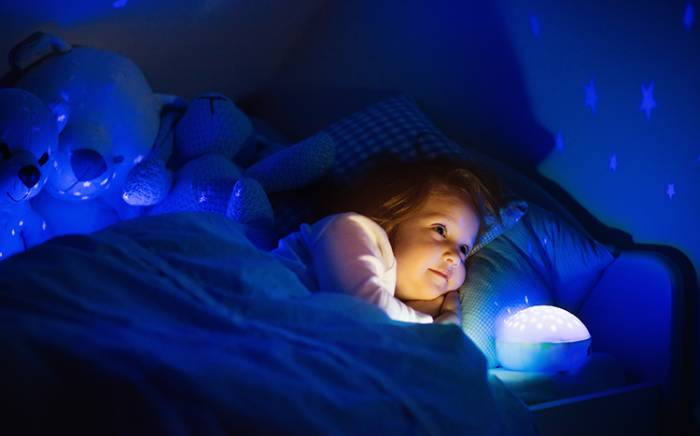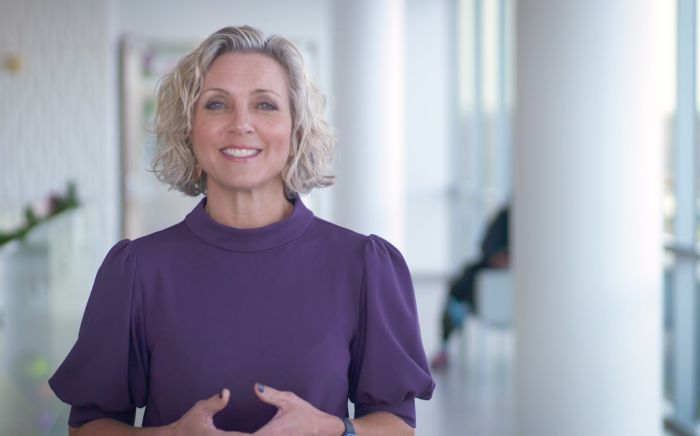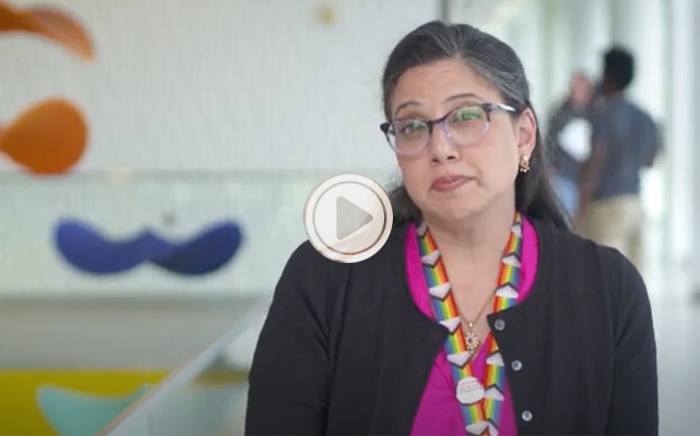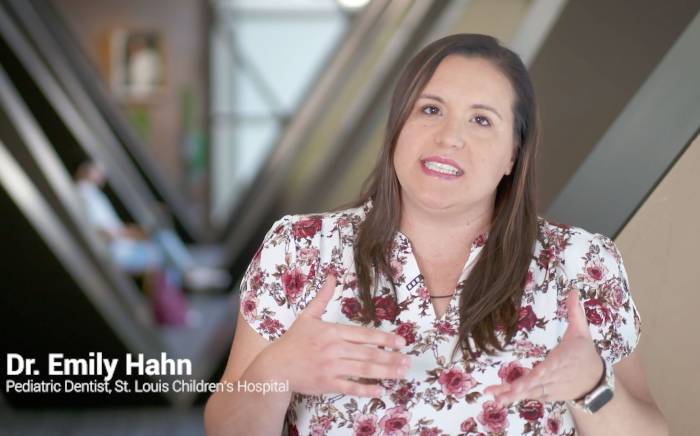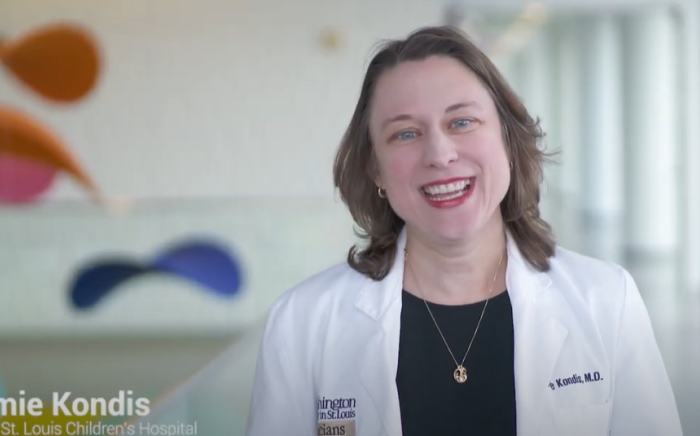Often, children need to be sedated for procedures or tests (such as an MRI or lumbar puncture), for which adults do not need sedation.
Our goal at the Ambulatory Procedure Center (APC) is to make these tests and procedures as stress-free as possible for you and your child.
The APC is one of the few pediatric specialty centers in the country that provides general anesthesia for children who are having outpatient procedures or tests.
At the APC, we see children for procedures and tests in a wide variety of areas, including:
In This Section:
Before Your Child’s Procedure or Test
-
Three days prior to your child’s procedure or test a nurse from the APC will call to:
-
Give you instructions on the time you and your child should arrive
-
Review your child’s medical history and current health status
-
Discuss how to handle medications your child may be taking
-
Answer any questions you have about your child's preparation, the procedure or test, or anesthesia. We welcome your questions.
-
-
If you have not been contacted by 2 p.m. the weekday before the procedure or test, please call 314.454.2514 and press option #1.
Instructions for Your Child’s Preparation for the Procedure or Test
-
The nurse will provide instructions for when your child must stop eating or drinking in preparation for the procedure/test. We ask that you not eat or drink in front of your child during this same period. These instructions must be followed for the safety of your child or the procedure or test will be canceled.
-
Your child should bathe, wash hair and brush teeth the night before the procedure.
-
Your child may not wear contact lenses or make-up.
-
Your child should remove all finger nail polish and jewelry, including earrings and piercings.
What to Bring to the Procedure or Test
-
To help your child feel comfortable and secure, you may bring a favorite toy, blanket, or other item from home. Your child may bring this item into the procedure room.
-
If your child uses a special bottle or cup, you may bring it as well for use after the procedure is complete.
-
Be sure to bring all insurance forms and identification cards that might be needed. This is important information for your child’s medical and hospital records.
Arriving at APC
-
The APC is located on the first floor of the hospital. Note: If you enter the hospital from the visitor parking garage you will be on the second floor.
-
Please stop at the information desk on either the first or second floor and check in. Let them know you will be seen in the APC.
-
All hospital visitors, including parents, are required to wear name badges. You can get a badge at the first and second floor information desks.
-
The information desk staff will direct you to the Admitting department before you go to the APC.
-
If your insurance plan requires pre-certification, please inform the admitting clerk and your physician.
-
Females who have started their periods will need to give a urine sample upon arrival.
-
Only two adults may accompany a child through the APC. Please make other arrangements for siblings on the day of the procedure or test.
-
Please do not bring food or drink into the APC.
Pre-procedure Evaluation in the APC
After admission, a nurse will escort you to the APC where the following will occur:
-
Your child's weight and vital signs will be taken during a brief examination.
-
Your child will receive an IV; our staff emphasize distraction techniques to make this process easier.
-
You will be asked questions about your child's current health and health history.
-
The nurse will explain all aspects of the procedure, including sedation and care after it.
-
Child life specialists will be available to help explain procedures or tests to children if needed. A child life specialist is specially trained to help children cope with being at the hospital. If you would like to have a child life specialist available for your child, please ask your nurse.
Anesthesia During the Procedure or Test
-
Sometimes, seemingly minor illnesses, such as colds and allergies, can cause problems during sedation or anesthesia. If your child has a minor illness that raises sufficient concerns, we will postpone the procedure or test.
-
If that occurs, you will be notified with a follow-up date by phone call.
-
The APC offers several types of sedation. Some patients require general anesthesia for their procedures due to medical history. We determine the type of sedation that your child will need according to the procedure being performed and your child’s medical history.
Recovery and Discharge After the Procedure or Test
-
Because children wake from sedation or anesthesia at different rates, recovery times vary.
-
Immediately after procedures or tests, children may recover in the procedure room or be moved to a recovery area within the APC.
-
We closely observe and monitor children as they emerge from sedation or anesthesia.
-
We encourage parents to be at the bedside.
-
Most children need to be awake, alert and drinking fluids before they are discharged.
-
When your child is ready to be discharged, the APC nurse will provide instructions for your child's at-home care and appropriate phone numbers for emergencies.
-
Do not hesitate to ask any questions you have. We want you to feel comfortable with the discharge process.
When Hospitalization Is Necessary
-
Occasionally, a physician will admit an APC patient to the hospital. Admission for an overnight or longer stay is based on:
-
Your child's progress following the procedure or test
-
Type of procedure performed
-
Physician's evaluation as to whether a longer period of observation is needed for your child’s benefit
-
-
If your child is admitted, you will accompany your child to the assigned hospital room.
-
For assistance with overnight accommodations, call our information desk at 314.454.2615.
Heading Home
-
Your nurse will provide you with helpful information and follow-up instructions prior to discharging you from the APC.
-
We encourage you to ask questions. You'll be given a phone number to call - night or day - with any concerns once you are home.




